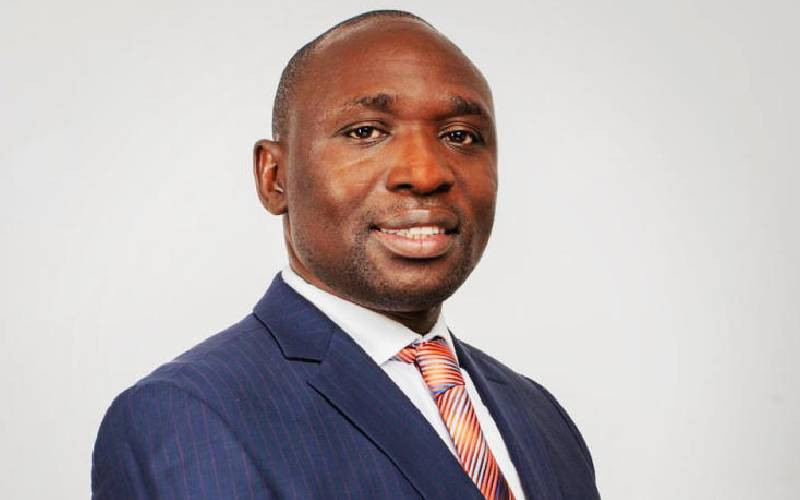×
The Standard e-Paper
Stay Informed, Even Offline

"I am among the lucky ones who never tarmacked," says an animated Nashon Okowa when he starts talking about his enduring passion for project management.
Over the last few years, Mr Okowa has established himself as an important voice in the country's construction and real estate market having handled multi-billion mega projects and also as a researcher and author on the field.